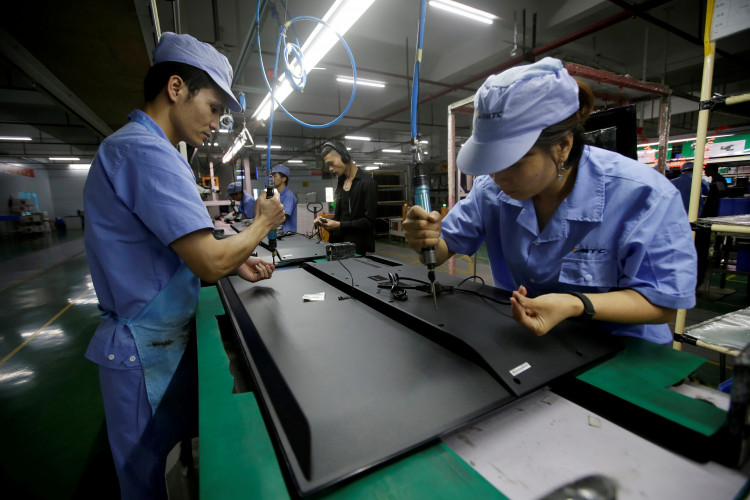The month of November triggered optimistic sentiments from economic analysts who believe the rebound in China's purchasing managers index (PMI) can be a sign that things will get better in the coming months.
According to China Daily, economy experts said on Sunday that the PMI spike for November could be an indication of stability in the manufacturing sector despite the heavy pessimism over the past few months.
The optimistic remarks came after the National Bureau of Statistics (NBS) reported that the PMI for Chinese manufacturing sectors recovered to 50.2 for November. Previously, the PMI stood at 49.3.
Before data was revealed over the weekend, some analysts forecasted that PMI for November would not climb beyond 50. The figures somehow managed to beat expectations and allowed for economic sentiment to be more positive despite "phase one" of the China-U.S. trade deal still hanging.
Zhao Qinghe, a senior statistician for the NBS, noted that November data suggested improvements in both demand and production in Chinese manufacturing segments. For production, the subindex improved by 1.8 points, while demand for new orders jumped by 1.7 points.
Among the most notable recoveries in China's manufacturing sector were in the consumer goods and high-tech equipment. The two segments showed significant expansion for the entire month, despite slowing down in the previous months.
Analysts called for more stimulus from Beijing as they warned there is still a risk of demand dropping as global trade tensions ensue. The government is expected to respond to the call during this month's Central Economic Work Conference.
It is expected that Chinese policymakers will move to stabilize economic growth early next year as part of the 2020 economic outlook and plan.
Meanwhile, Asian stocks saw gains on Monday's early trading amid the release of data from the Caixin/Markit report. According to CNBC, the private survey firm revealed that factory activity in the country climbed to 51.8, even higher than the NBS figures.
Asian stock markets rallied over the news, with the Hang Seng index climbing 0.57 percent, the Shanghai component edging up 0.56 percent, and the Shanghai composite advancing by 0.5 percent.
Australia's S&P/ASX 200 also saw gains of 0.53 percent, South Korea's Kospi advanced by 0.26 percent, and Japan's Nikkei 225 added 0.97 percent
Earlier predictions stood close to 51.4, and the latest data from both the NBS and Caixin/Markit came as a surprise to economic analysts. On the other hand, the general atmosphere has been positive as global stock markets rejoiced over stabilizing factory activity in the world's second-largest economy.
It is worth noting that everything below a PMI of 50 is considered a contraction while anything above 50 indicates expansion.





